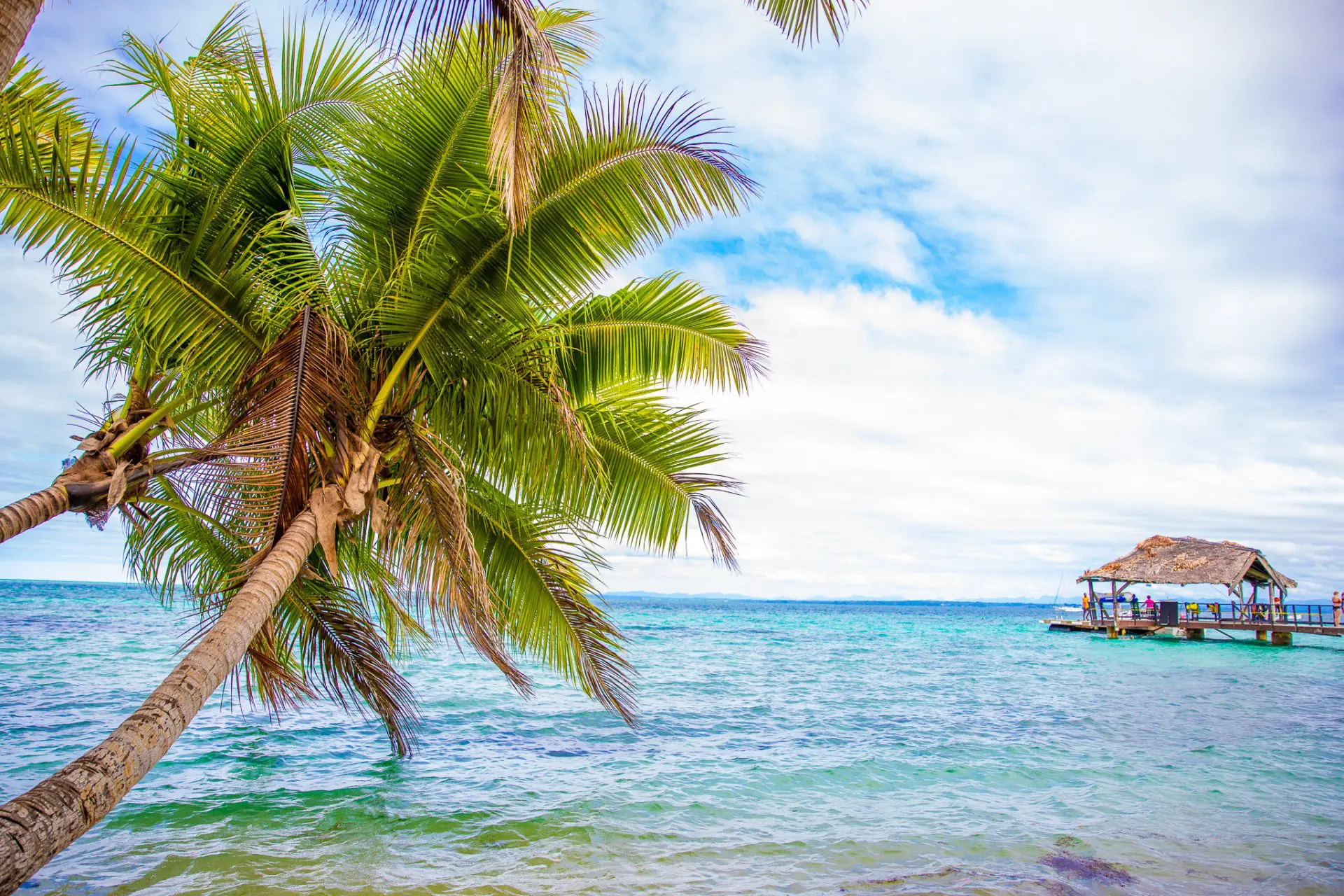Think Tank - Programme in Fiji
Live in a house in Suva, immerse yourself in day-to-day Fijian life, propose responses to sector based challenges to real organisations.
Think Tank is an immersive and conceptual challenge to grow perspectives, to culturally immerse and learn within a global context. It acts as an interactive introduction to a variety of sectors, allowing participants to engage with global humanitarian challenges through contemporary Fijian context. It increases participants’ self-awareness, opens discussion on important topics and encourages new and innovative ways of thinking about global challenges.
Living and working in a group, participants are asked to engage with a conceptual challenge within the Fijian context, reflect together and present outcomes based on reflection from real case studies.
Through hearing directly from Fiji’s industry experts in each field, collaborating live with our staff in country and networking with like-minded individuals, participants will leave the course with perspectives challenged skills refined through exposure to intercultural approaches to different sectors and the opportunity to develop their own voice in their chosen field.
Apply Now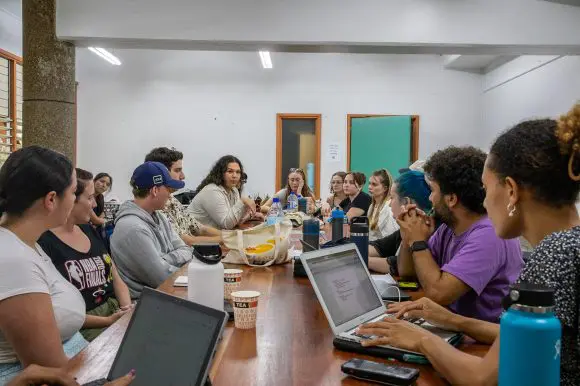
- Immersive learning phase including community immersion, in depth dive into Fiji’s history, UN SDGs and the Fiji National Development Plan.
- Cultural Mentoring throughout the course with the students from University of the South Pacific.
- Conceptual Challenge which acts as a background for reflection throughout.
- Engage with and respond to real-world case studies.
- Field Trips to understand the ‘behind the scenes’ of the sector.
- Connect, collaborate and explore with like-minded individuals.
- Encouraged application of critical thinking.
- Based in Suva – Fiji’s Capital City, taste living in a new environment.
- Gain valuable experience in preparation for the world of work.
- Free weekends to explore the beauty of Fiji.
“Marketing for a development NGO/charity in Fiji does not have a major responsibility to take ethics into consideration… as long as the intended outcome is achieved for the ethical organisation, in the long run it is fine.” Do you agree?
“Economic and welfare stability allows the luxury and time of choosing species preservation. Economic growth should therefore be prioritised to tackle conservation efforts.” To what extent is this true?”
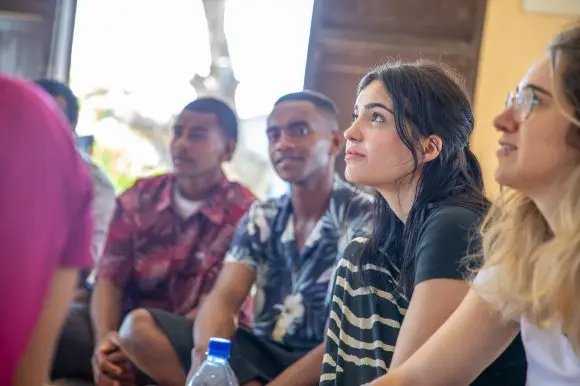
We use a four phase approach for the Think Tank Experience. Each is a unique phase of the course that participants chronologically work through:
- Discover: Students complete universal learning modules focusing on foundational knowledge of culture and sustainable development globally and within the pacific, gaining credits along the way.
- Discuss: Participants engage in discussions with Cultural Mentors in Fiji and talk about their ideas of how to respond to the ‘Challenge.
- Design: The response to the ‘Challenge’ is created and prepared for the final stage.
- Delivery: The presentation is recorded and captured, ready for review and collation.
The Discovery Phase takes up at least the first quarter of the programme. The phase is focused on foundational knowledge of culture and the sector of choice in a Fijian context. This includes:
- Project Briefing
- Rural Community Immersion
- Introductory lectures at USP
- Fiji Today
The Discussion Phase is the beginning of the engagement with the challenge. This will include site visits to organisations that work in the industry, to learn from their experience and to assess.
The challenge is the discussed with the group and the cultural mentor who can answer questions about specific context and provide feedback on ideas.
This phase is officially where students take what they have learned and discussed in the previous phases and begin to create the response to their challenge.
Independent research is also conducted to assist in the unique response to the Challenge and ensure that participants are not just working from resources provided but genuinely engaging with the topic and having their own voice.
In the Deliver phase, participants are asked to respond to the challenge and present their ideas. The work will be in any presented format that the team may deem most suitable, but will be presented with the partner organisations present and members of TP management. It is entirely up to the student how this visually looks / tackles the proposed question, but they will be recorded and tracked as part of a compilation response.

Here’s a look at the average week to paint a picture of how it is put together for you:
- Monday – Organisation Visit & Challenge Brief
- Tuesday – Group Work
- Wednesday – Field Trip and Partner Q&A
- Thursday – Group Work
- Friday – Group Presentations to Partner and Stakeholders
When working on the Challenges with your group, you are free to utilise the house as a workspace, local coffee shops or a range of vibrant ‘co-working’ spaces which give you the opportunity to immerse yourself into a professional environment that reflect the new hybrid nature of employment. Whilst in these spaces, you will have the opportunity to network, enjoy refreshments and feel what it’s like to work in paradise.



“True altruism cannot exist in the international development sector.” Do you agree?
Should traditional medicine be disregarded as a legitimate treatment option in Fiji?
There are two focuses that act as a backbone for your entire experience in Fiji on this programme.
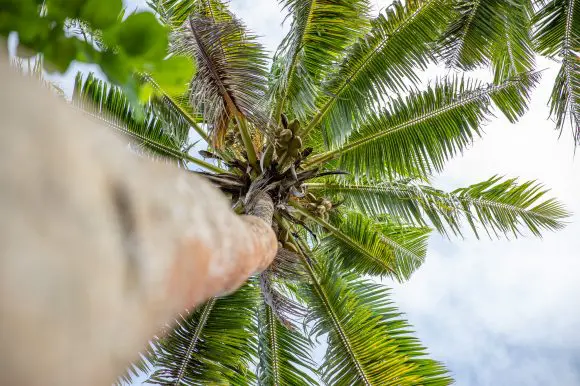
We believe that international experiences should place people outside their comfort zone, providing opportunities for personal growth but also to have their perspectives challenged through engaging with cultures and contexts completely different to those of their own. Fiji is a world away from what the rest of the world may be familiar with and we believe that this is incredibly special… experiencing and learning about differences or similarities in the big moments and the small is what we hope to allow to take place on our most independently led programme.
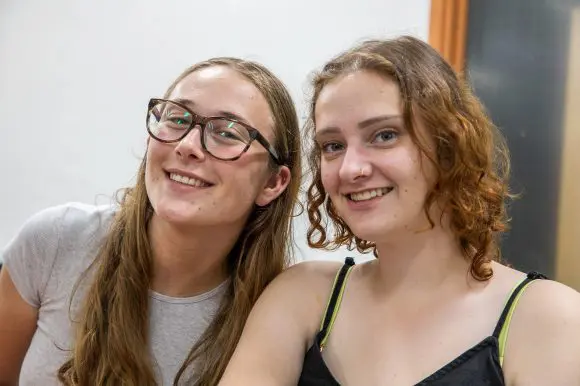
Whilst living within and learning about this new environment, we have also designed this programme with the professionally minded in mind. The ‘Challenge’ is the underlying focus of the entire experience and is given meaning by everything around it that informs it. We want participants to reflect with a focus and goal, and the ‘Challenge’ is our way of doing that. Each week, your team will be given a conceptual challenge that is presented by our partners that will ask you to reflect and innovate.
Throughout Think Tank, you will be given insights into Fiji through guided field trips, academic lectures, guest speakers and community immersion. The ‘Discover Phase’ of the programme is the one which focuses most heavily on this aspect of your experience, providing you the tools to be able to reflect effectively on the Challenges that you are about to take on.
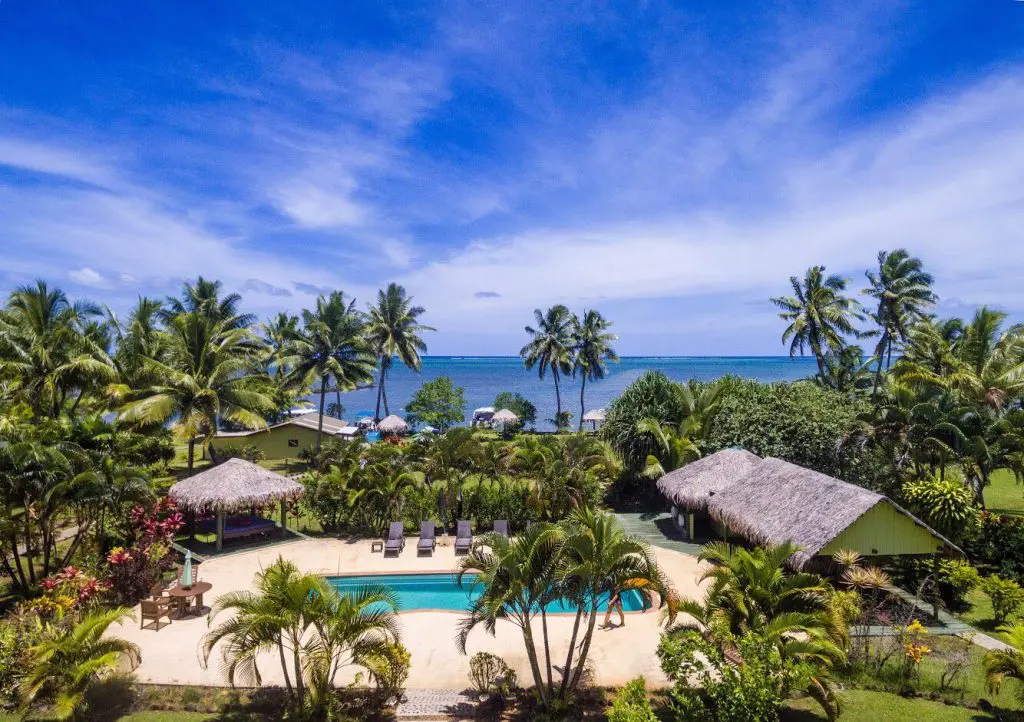
After arriving in Nadi to meet your team for the first time, you will spend 2 nights in a resort with your team to acclimatise to Fiji’s climate and timezone, but also to get to know each other better through team building activities.
During this time, our team will brief you on what the rest of the programme has in stall so that you are appropriately prepared. This is an opportunity to ask any questions and to start the journey of learning about Fijian culture.
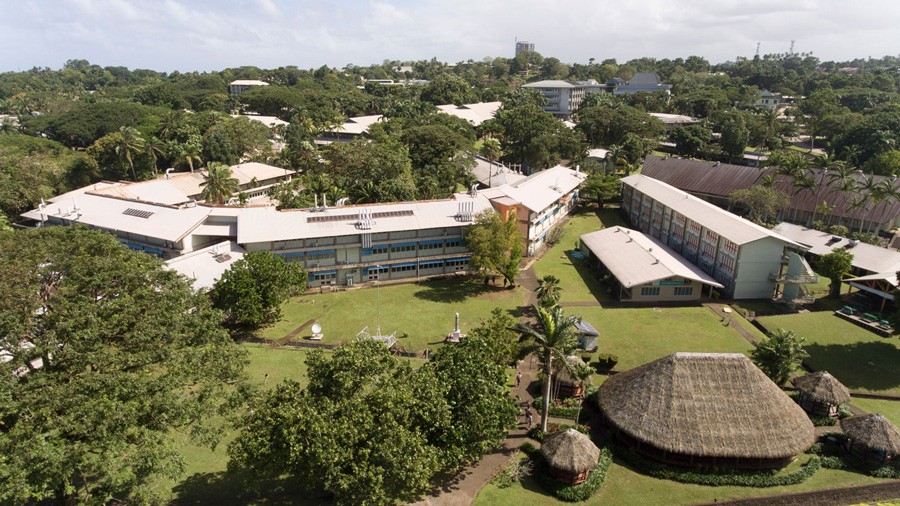
The University of the South Pacific is the most prestigious University in the Pacific region, and you will have the opportunity to listen to world experts on subjects that interest you most. In the Discovery Phase, this will include leaning about Fiji’s history in more depth and learning about how that informs Fiji’s present. You will also hear an overview of the sector focus of the Think Tank.
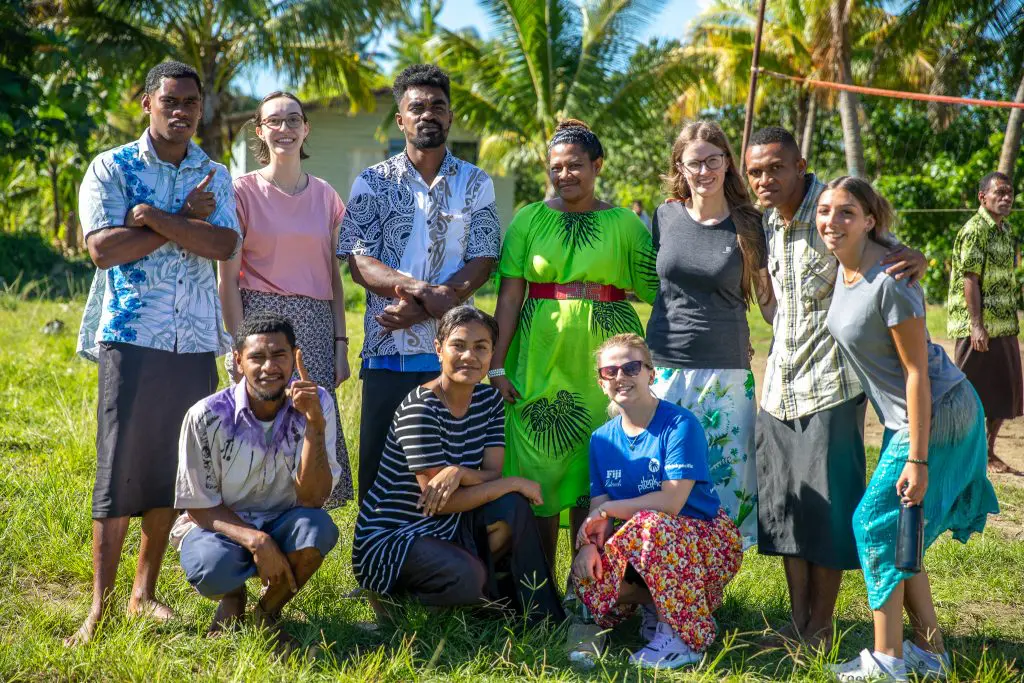
To allow you the most immersive opportunity and the easiest way to learn about Fijian lifestyle and the heart of culture, you will head where no tourists go through a rural village visit. You will spend two nights in a community where you will truly taste what grounds lifestyle and culture expression, learning it from those who know it best. This is through invitation alone and it is our greatest privilege to be welcomed into the homes of the families within these communities.
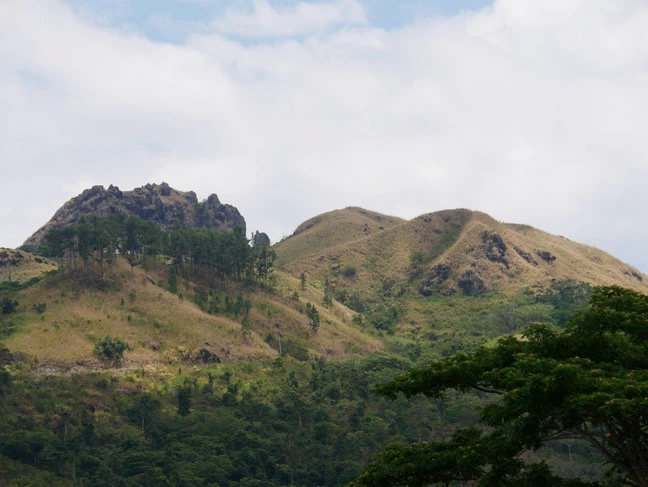
You will take part in field trips to supplement your experience during the programme. These may include visits to the partner organisation that you hear from, engaging in excursions to see behind the scenes of the sector of your programme in Fiji.
There may even be some room for some structured trips to see some of the top local attractions together in the free time…

Aside from the components built into your project itinerary, the day-to-day will likely be where you gain the richest experiences and no-doubt some of the most profound take-aways from the programme. If not taking part in a specific trip whilst on the project, your base and your home will be Fiji’s capital city, Suva. Suva is the hub and base for all major business, NGO and governmental activity in the Fiji and the South Pacific. You will have an insight of what it feels like to live in a foreign city, to adapt to a new environment and have independence to make the most of what the small but thriving island city has to offer.
Think Pacific has a broad network of innovative social enterprises and charitable organisations who are inspiring real change and forward thinking approaches in Fiji. These are the young change makers of the Pacific Region in the field of Sustainable Development. Our partners cover diverse fields, from women’s rights to micro-entrepreneurship to environmental protection. These are the organisations that will invite you to learn about their operations, their organisational wins and their organisational challenges.
We are privileged to work alongside and support over 70 amazing Fijian ministries, Charities, Businesses and NSOs. Within the Think Tank programme, students will hear from our partners who engage with the topics they will be reflecting upon, offering true and honest contextual information from organisations in each sector.
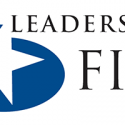



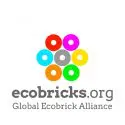
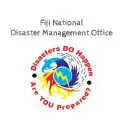

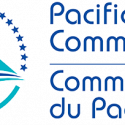


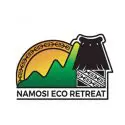
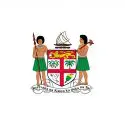
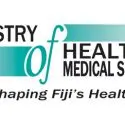
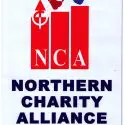




Test yourself…
The Challenge is the backbone of the programme and is the space where participants accumulate all their knowledge and show what they’ve got.
The Challenges are conceptual and large questions, offering lots of scope for creativity and space for reflection. The response to this challenge is the end goal for the programme, the quality of which is supported by participant’s previous learning during the course. Out of four teams each week, the partner will choose a ‘winner’ in the most comprehensive or innovative response.
Each Challenge comes with a Fijian case study from one of our partners operating in the sector.
E.g. “Economic and welfare stability allows the luxury and time of choosing species preservation. Economic growth should therefore be prioritized to tackle conservation efforts.” To what extent is this true?
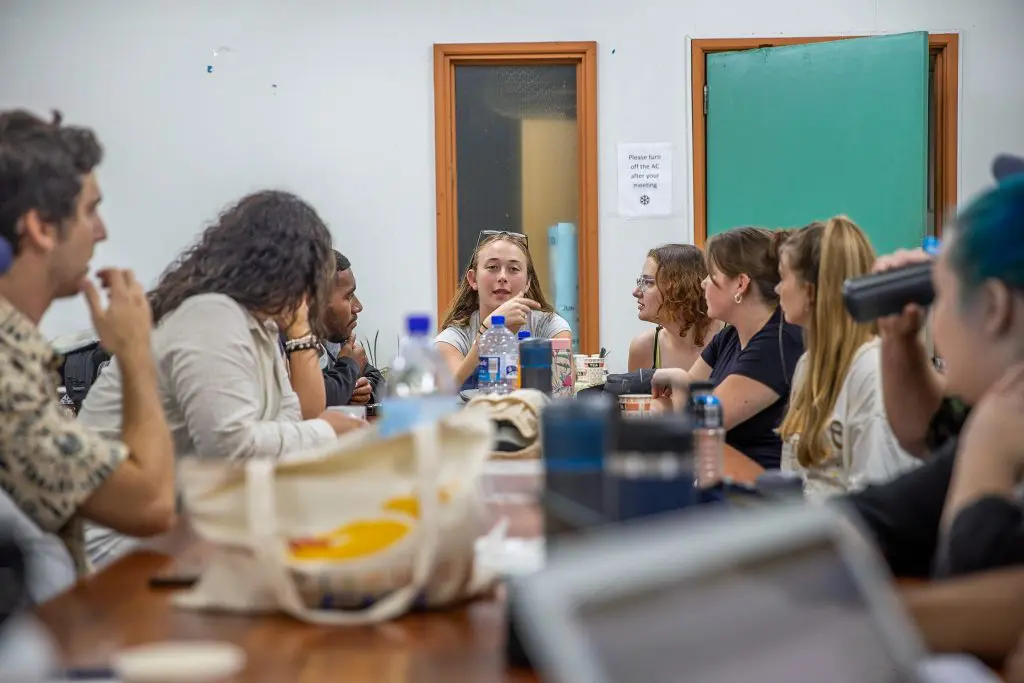
You will complete your response to the challenge set in small groups of 3-4. As well as exercising skills that are beneficial to the workplace, within the timeframe this ensures that you enough firepower to successfully deliver a well thought through response to the Challenge… testing each other’s opinions and perspectives while refining a congruent response.
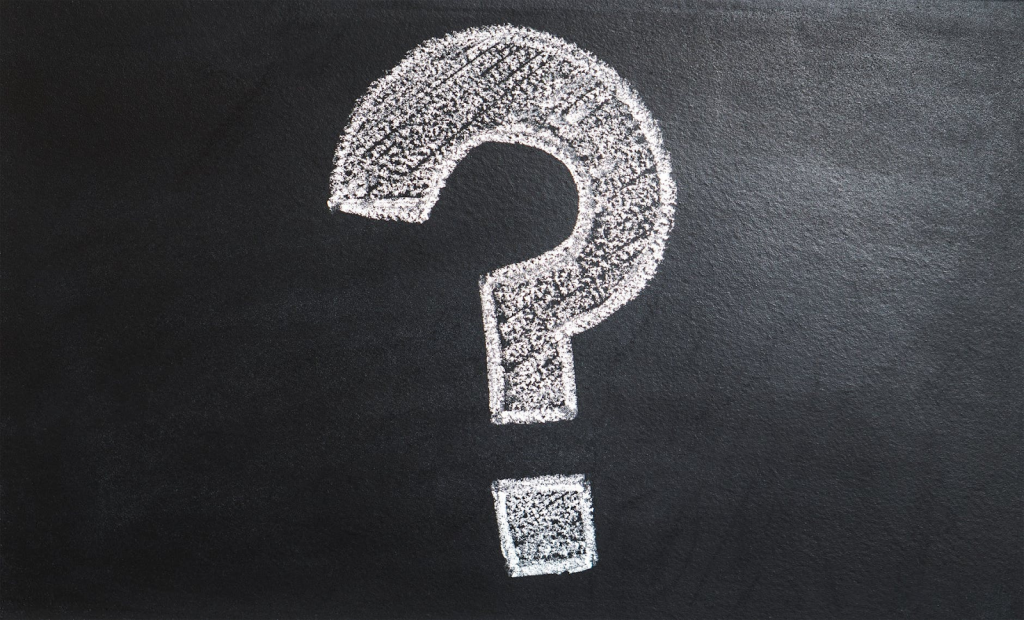
The Challenge is set in discussion between Think Pacific and the key partner of that week. As an organisation, we have had plenty of experience in drawing the best out of young people and structuring a reflective process, the partner organisations have industry experience and expertise… together we believe the Challenge set will be of appropriate depth and as the name suggests, challenging.
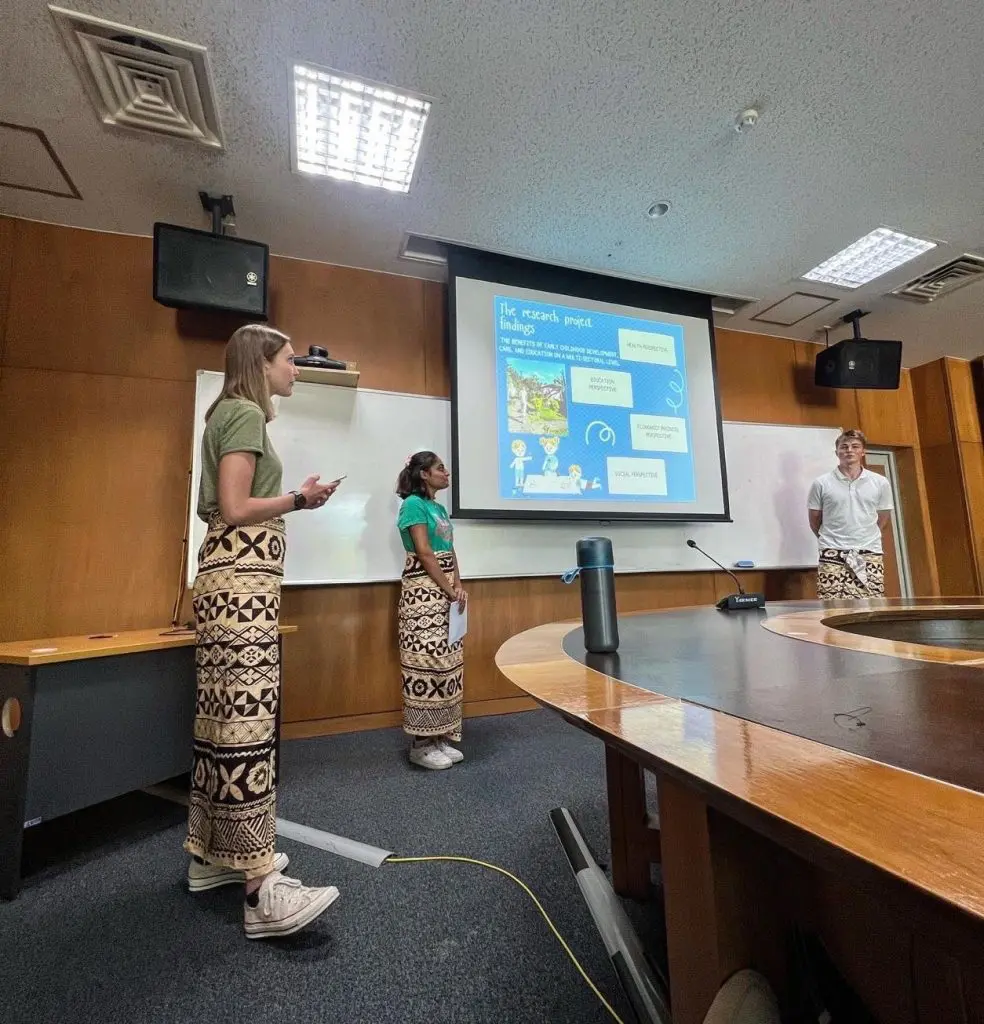
At the end of each week, the final component of the challenge response is to present your ideas and propose them to the group and key stakeholders. This presentation will be done in-person in any format that your group chooses, unless expressly communicated otherwise. The partners will be present, and they will be listening to what you have to say.
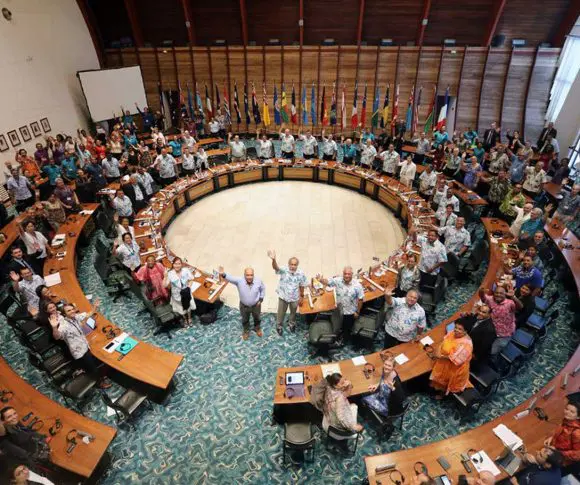
Ideal for those studying international development, Geography or interested in Sustainable Development. On this programme, you will learn about initiatives delivered by Governmental ministries taken from the UN’s Sustainable Goals & the Fiji National Development Plan. International Development has wide reaching connotations and lots comes under this umbrella category.
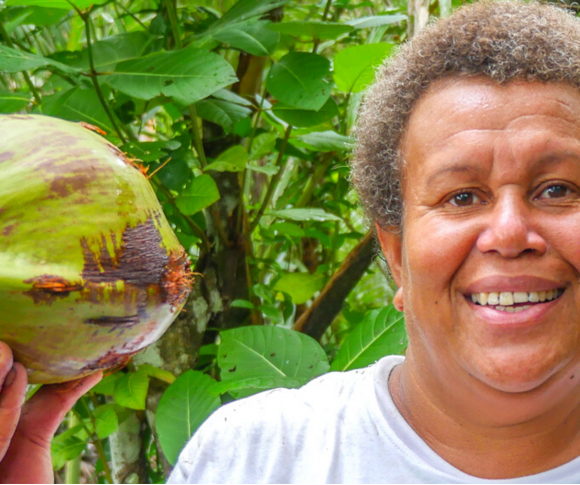
Ideal for those interested in small organisational management. In this sector, you can gain in depth knowledge of monitoring the effectiveness of charitable initiatives, creating new projects, researching grants, increasing donors or creating fundraising resources to submit to a Fijian NGO board of trustees. It’s an opportunity to to see behind the scenes with case studies from Fiji.
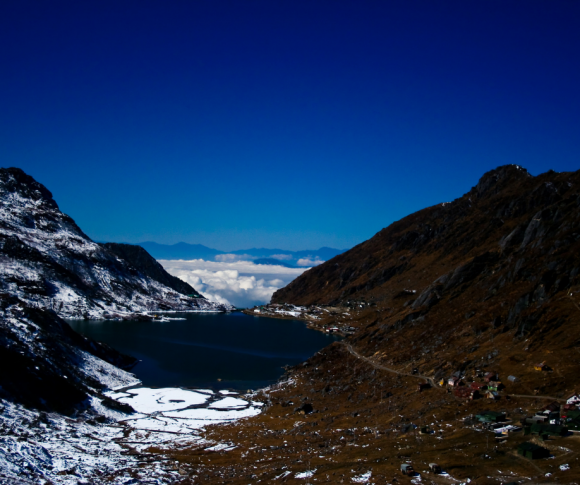
Ideal for students undertaking degrees in Geography or Environmental Sciences, or interested in careers regarding climate change response and global policy. Fiji, as an island nation, is immediately affected by some of the major implications of climate change such as rising sea levels, natural disasters, etc. This programme asks you to reflect on what realistic solutions may be and those that are being stipulated by those at the front line.
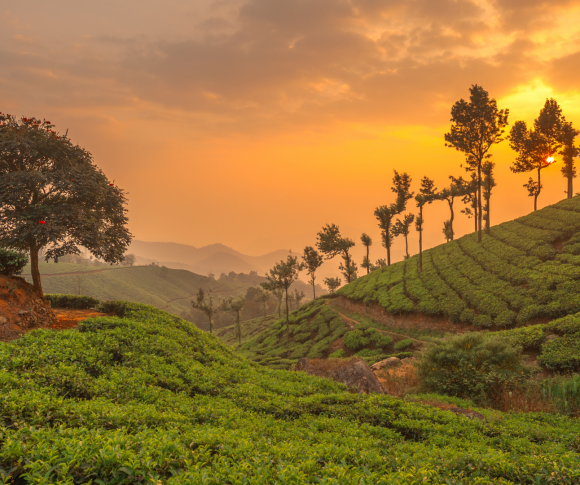
Ideal for those studying science, geography or just interested in conservation. You can learn about government initiatives to tackle environmental and conservation challenges specific to Fiji. Some of these areas may include salt water intrusion, biodiversity on land and and sea and the implications of increased urbanisation.
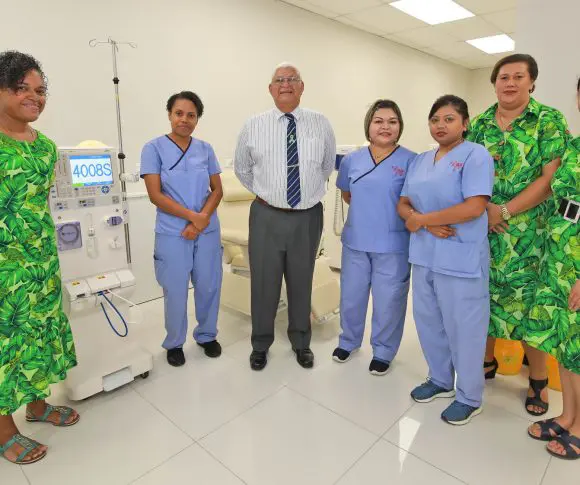
Ideal for Health or Medical students who want to gain experience on an international level. In this career field, you will learn about how Fiji aims to tackle some of the major public health issues that exist across the whole of the South Pacific, including non-communicable diseases, lifestyle and diet choices and common disease prevention. Appreciate diverse approaches from differing perspectives.
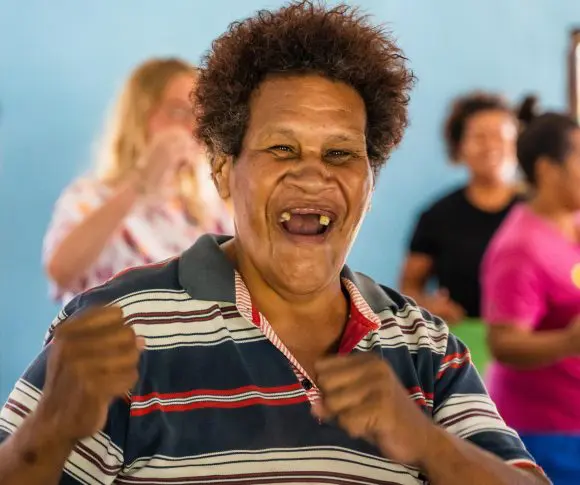
Ideal for those Psychology students or those interested in mental health. Here, you will learn about the Fijian Ministry of Health and grass roots NGO’s in Fiji and how they aim to break stigma about mental health in rural communities and promote positive messages in Fiji. Understanding how culture plays a part in perception, treatment and prevention is vital in this area.
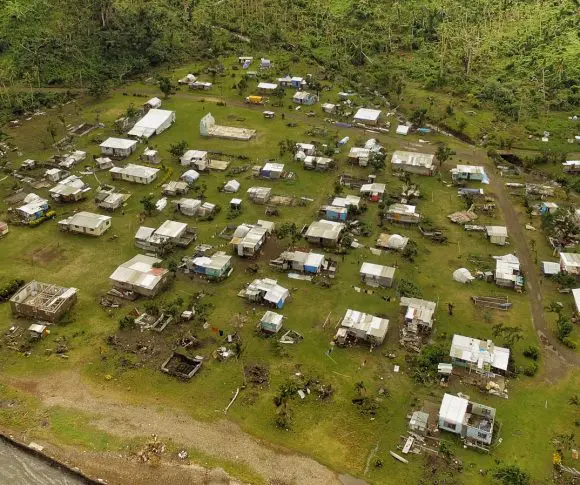
Ideal for those looking to tackle Fiji’s challenges and come up with innovative designs and solutions for how rural areas can meet their basic needs. This internship gives a fantastic insight into engineering as a career field and provides a great opportunity to be able to come to terms with the wider context as to why there is such incentive for innovation and necessity for consideration of bigger themes in Fijian engineering.
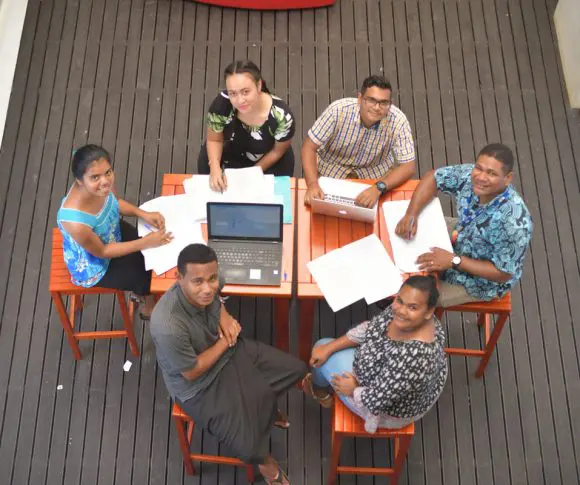
Ideal for Business students who want to learn how to create an international social enterprise, just like Think Pacific. On this internship, you will learn from founders and entrepreneurs as they share their knowledge, give you feedback on your ideas and approach business with wider awareness of culture, economy and appreciation of localised challenges.
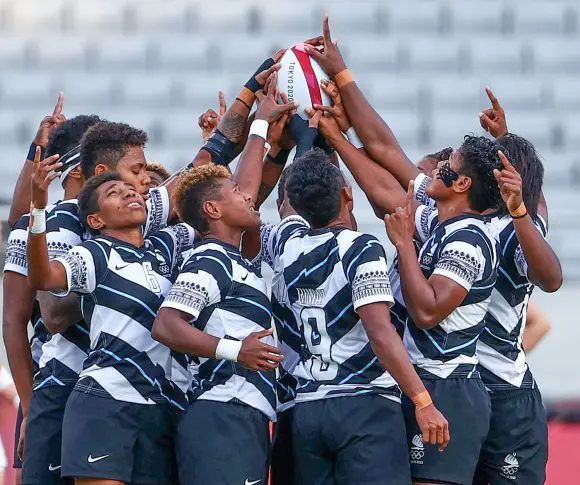
Ideal for those interested in sports coaching, development or management. This module acts as an introduction to Sports Development in Fiji and the Pacific, including bodies involved in the Fijian structure of management and monitoring sporting developments, barriers and challenges for Sports Development in Fiji and ultimately A Fijian perspective and experience in sport as comparable to other global approaches.
During your Think Tank experience, you will be based in Suva and living in the “Think Pacific House.” This is a 7 bedroom set up with modern dormitory design and shared living spaces… You will be living alongside your fellow teammates, think the TV show “The Apprentice.” Here, you will have a lot of independence with your team to explore what Suva has to offer and truly get a taste of what it feels like to live and work in the capital of the South Pacific.
During your weekends, you may choose to stay in the house in Suva or go exploring elsewhere in Fiji, the option is there and the choice is yours.
The house itself will be cleaned regularly, has security on site, features air conditioning and WIFI will be available.
Outside of staying in Suva, you will be based in a resort for your briefing period and R&R period, and you will take part in a village homestay during the community immersion element of the programme.
During your work period, there is plenty of space in the house to complete work, or you may choose to venture out and work in popular cafes, co-working spaces, and no odd days we may hire space at the University of the South Pacific for you to utilise should you wish.
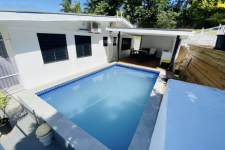
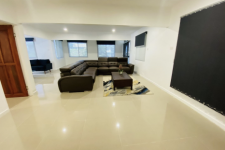
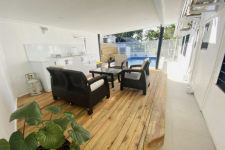
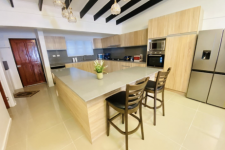
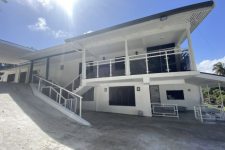
During any period staying outside of Suva, all meals are included (briefing, community immersion, final night). When in Suva, breakfast and dinner is included and will be available at set times in the house should you choose to have it.
Otherwise, you have freedom to choose what you would like… eating out in Fiji is comparatively cheaper than what most of our participants are used to and there is a good range of options in Suva.
Transport to and from itinerary events is included as part of the package and will be communicated in advance what this will be.
During weekends or hopping around Suva in a taxi, this will be a cost that you need to bear in mind.
During your stay in the accommodations during your project, make sure to bring your own toiletries and towels. There will of course be facilities to use them but we ask that participants keep this as their responsibility.
Think Pacific team leaders co-ordinate the entire project and are available 24/7 for student support. Our biggest piece of advice for participants is to not hesitate to speak to our team leaders if they have any questions about health and safety.
During orientation, participants are given guidelines to ensure they stay safe in Fiji. The guidelines also include important day-to-day advice such as where it is safe to withdraw money from local ATM machines etc.
24/7 High quality health care is available in Suva and our team will always be on hand to support you with visits if ever needed.
Pre-departure briefings take place pre-departure (online webinars) and in-country to prepare you alongside our comprehensive pre-departure portal.
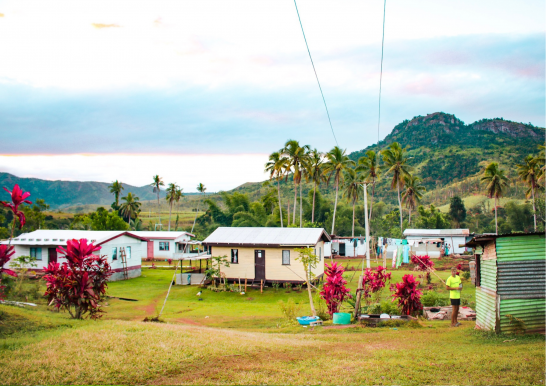
Our programs are built upon sustainable partnerships with organisations in Fiji and are designed under our formal agreements with Fijian Ministries.
As a registered local organisation, we invest in local staff, job creation and training; we add capacity to our partner organisations and expand the skills of Fijian university students and unemployed youth through global collaboration, courses and professional experience.
Through the Think Pacific Foundation, your programme fee will help support local Fijian charities and communities to achieve sustainable development goals under the guidance of Fiji’s National Development Plan.
This secures your place in the team and provides personal support from your project coordinator, access to our pre-departure portal, online preparation webinars and your Think Pacific t-shirt. Your registration fee is added to your project fees.
This covers the remaining costs of the placement. Many students receive bursaries from their universities to support their participation and/or fundraise for their program fees. It’s up to you whether you fundraise or not but your project fee is due 60 days before the project begins.
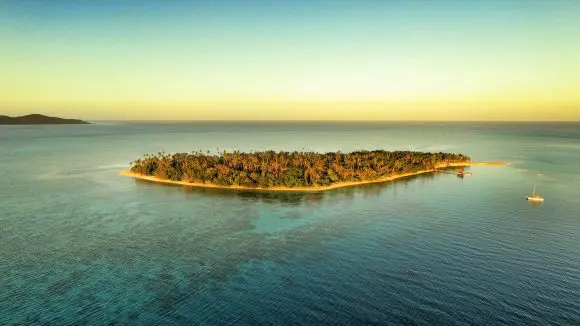
| Quantity (Students) | £ GBP | $ USD | $ AUD | € EUR |
|---|---|---|---|---|
| Registration Fee | 195 | 1600 | 2200 | 1400 |
| Programme Fee | 1800 | 2700 | 3700 | 2300 |
Programme Start Dates 🇫🇯
25th July – 22nd August
25th July – 22nd August
25th July – 22nd August
25th July – 22nd August
25th July – 22nd August
info@thinkpacific.com

